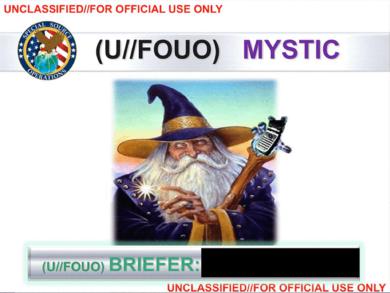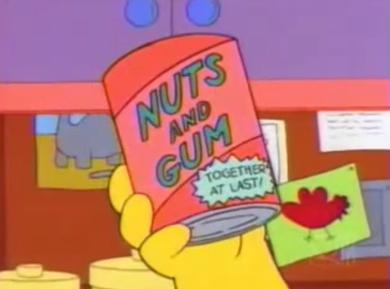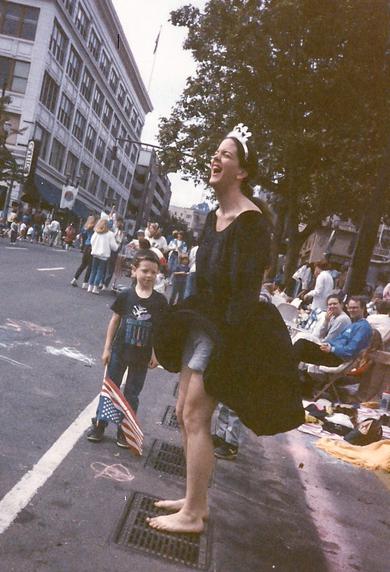 The 1983 movie Brainstorm is worth seeing, or maybe revisiting if you last saw it decades ago. It fits in with Tron, WarGames, and Videodrome as early 80s imaginings of what the near-future of technology will look like. Great performances by Christopher Walken and Louise Fletcher.  The reason to watch Brainstorm now is is the production design, the imagination of consumer products and user interfaces for the near future. It feels like totally relevant, modern commentary on product design for things like the iPhone, Google Glass, Tesla, or a Microsoft Kinect. Dialed up to 11 with a sci-fi flight of fancy, of course, but well done for that. I’ll be honest and say the plot is sort of silly, a combination of military-industrial complex paranoia and some fairly hokey spiritualism. That’s partly redeemed by Louise Fletcher’s role as the head of the research project, a totally badass lady scientist. But mostly watch it for the animation sequences and the industrial design. League of Legends has a serious security problem: denial of service attacks. Some of these attacks are against the game as a whole and bring down the whole system. Presumably Riot can eventually protect their servers from that. Worse are targeted DDoS attacks against single players; it’s not clear they can defend themselves The motivation for attacking individual players is ugly. The game is very competitive at the highest levels of play, with prize money and pro careers on the line. Knocking an opponent offline or just lagging them is enough to get a win. Even if the game is thrown out as invalid a DDoS is still way for a losing game to be converted into a tie. There are guides on how to avoid being a DDoS victim. They boil down to “don’t reveal your IP address”, which in practice means “don’t use Skype from your real IP”. VPNs, playing only from Internet cafes, etc are other options. But these are minimal solutions at best; hiding your location from the world is really difficult. There’s new rumors the whole IP identification part is entirely automated and foolproof. I don’t really know how a normal Internet consumer can protect his ISP from being knocked offline with a DDoS. It’s an ugly situation. The phrase information wants to be free is one of the most important observations of the information age. Dating to Stewart Brand in 1984, the statement is often misunderstood and sure to piss people off. The phrase is a simple observation, like saying "a compass wants to point north". Information intrinsically has a tendency to spread. Controlling information, bottling it up and keeping it limited, is difficult. There's a bit of a poetic turn in saying "wants", since of course information has no agency. The underlying truth is really a statement about human nature; people tend to share information. The phrase is not a statement that information should be free. It's not a statement that sharing information is an intrinsic good. It's also not saying it's impossible to keep information not-free. Just difficult. The truth of "information wants to be free" is obvious to anyone who works in informatics. But it's ignored time and again. It's ignored by record companies trying to prevent music downloads, by startups trying to enforce embargoes on tech news, by the US government trying to share secrets with thousands of people and yet somehow not the world at large. Digital networks have made sharing information enormously easy. But the underlying reality that information wants to be free is as old as society. Villages have always had gossips, but now the gossip is global, instant, and with perfect fidelity. I settled down a few days ago for an old classic film, Chinatown. Great Jack Nicholson performance, fantastic film noire homage, lovely 1940s period LA. And through the whole film I kept thinking two things. The game LA Noire owes a huge debt to Chinatown. And good lord, but is that film a serious product of rape culture. The obvious: a central plot point is that the female lead (an excellent Faye Dunaway) was raped by her father. That fact is presented sympathetically enough and she’s a little more complex than just a victim. But how do we learn it? Our hero detective literally beats it out of her. It’s a horrifying scene, played to deliver the shocking reveal. But then it’s also this disgusting revictimization. And it passes on without notice, of course the hard-boiled detective had to beat the hysterical girl silly. There’s another upsetting thing earlier, when our detective and the heroine first meet, where she seduces him. Two days after her husband’s violent death, a death the detective is implicated in. It’s not quite so stupid; we learn later she’s playing him, the seduction is strategically deliberate on her part. But of course the hard-boiled detective gets to bed the beautiful girl. And then there’s the central unspoken problem, that the director is Roman Polanski. Not three years after Chinatown, Polanski drugged a 13 year old girl and raped her. And pled guilty, and fled the US before sentencing, and has been an active fugitive ever since. I’m normally OK with separating the art from the artists, but in his case it’s just too much. But of course the famous director gets away with raping a child. Part of what’s so troubling about rape culture is how insidious it is. This kind of victimization of women was mainstream entertainment, without comment, for far too long. It’s an infection.
A photo of me in the summer of 1991 or 1992, at a Queer Nation happening at
the Portland Rose Festival parade. The photo is courtesy of my friend
Tommy Strong, one of the
QN/PDX founders. From a time when loudly saying “I’m queer
and proud” was a shocking, radical act. It gets better.
|
||


